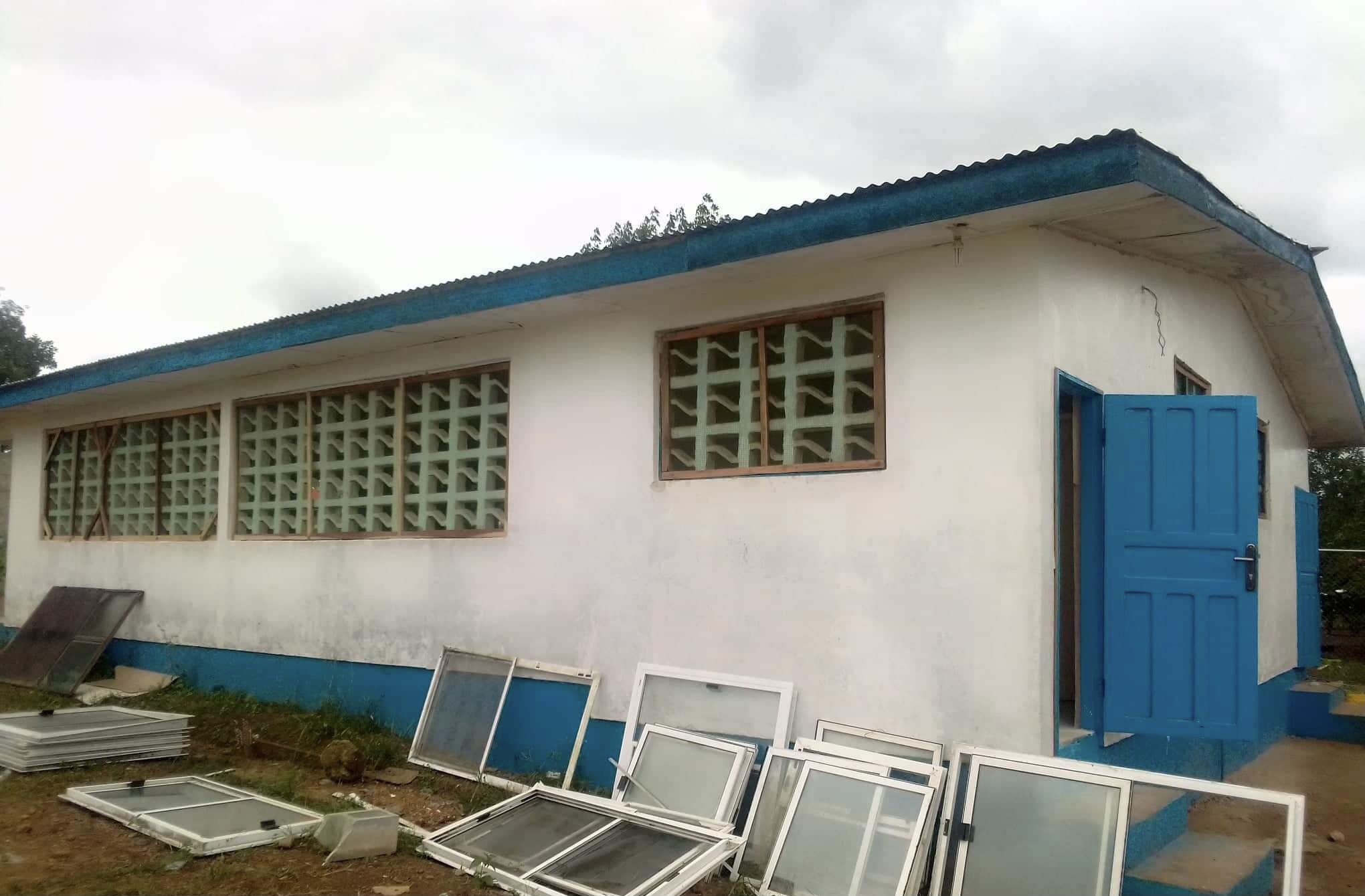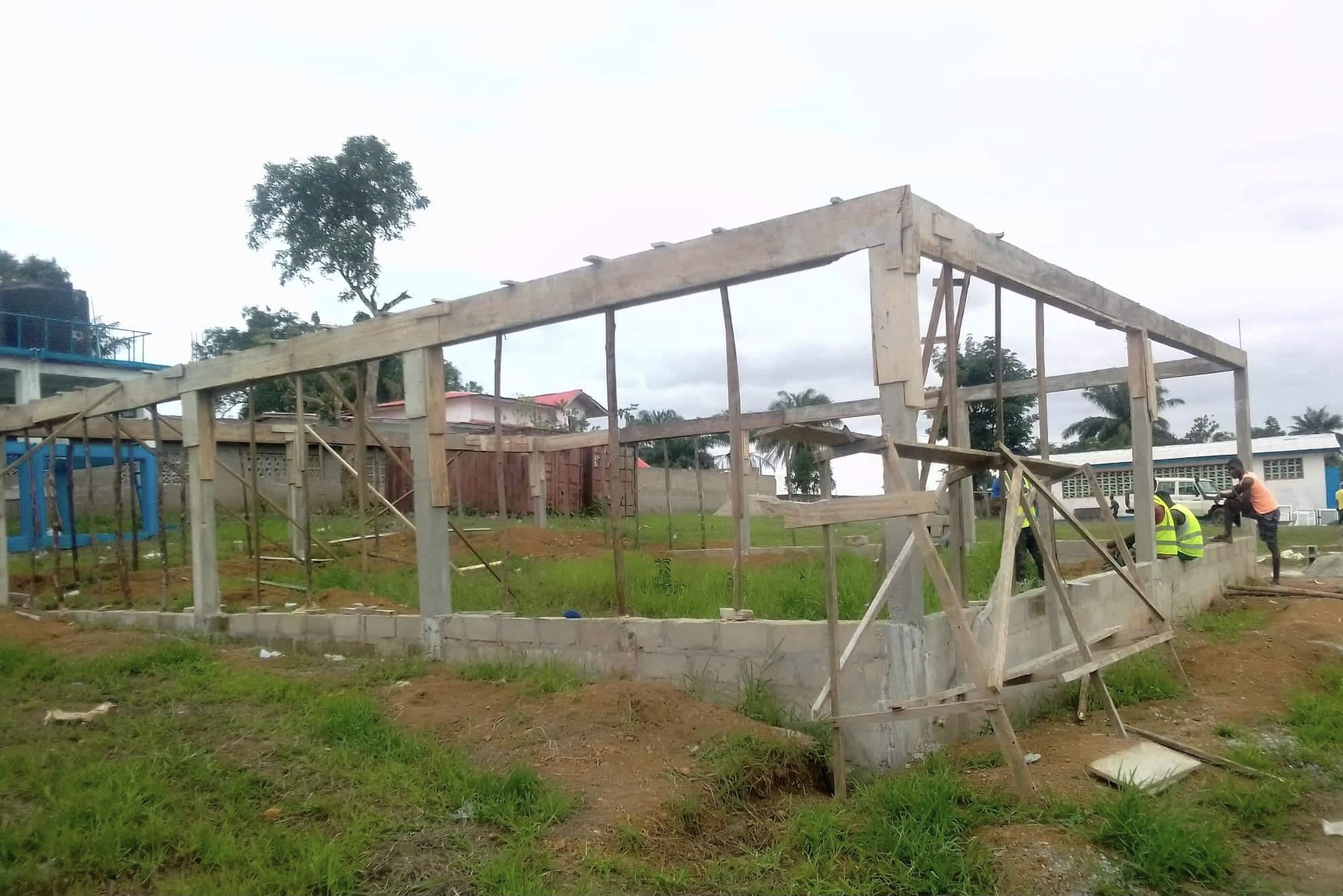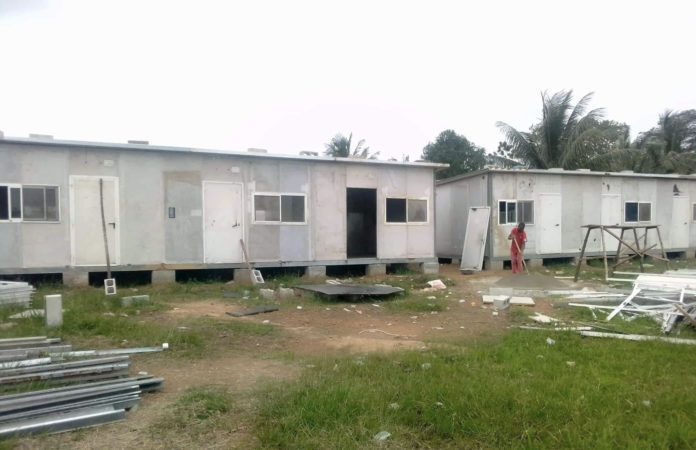It is almost twenty years since the needless civil war came to an end but some Liberians who sought refuge in Ghana and other African countries have been struggling to decide whether or not they should return home, especially so that a number of people who killed their loved ones are still alive, freely moving around and even some, holding onto top government positions.
Following an understanding of the situation former Liberian refugees in Ghana are confronted with, an investigation by a local media has uncovered that time appears to no longer be in the interest of the former refugees who have been asked to vacate Buduburam, a community has been there home for over 25 years.
Back home in Liberia, our investigation sought answers to what government, through the Liberia Refugee Repatriation, Resettlement and Reintegration Commission (LRRRC) is doing to allay the unescapable circumstances the former refugees are going through and might even worsened soon.
What LRRRC is doing? The LRRRC, our investigation has uncovered, is immensely challenged due to lack of sufficient funding to implement projects leading to a smooth repatriation of the former refugees in Ghana.
The investigation, which was thoroughly conducted recently, realized that a transit center is undergoing construction in Johnsonville through the supervision of the LRRRC. The center, when completed, is intended to host temporarily, the returnees.
Our finding from the site has recorded prefabs housing units being constructed with each containing six rooms and a water tower to supply the facilities, as well as electricity in a bid to give the former refugees a life worth living even though it would be transitory.
At the site in Johnsonville, Madison Karr who works for Super Incorporated, a construction company with expertise in building and managing prefab units said he is happy that he is leading a team of Liberians involved in building temporary dwelling place for fellow Liberians who are returning home after many years of life in exile due to the civil war.
Karr did not disclose the amount LRRRC is paying his company for the work but noted that as a Liberian company, they have reached an agreement in the best interest of all, including the returnees expected in the country before the end of the year (2022).
His company, he said, was sub-contracted by Future Builders Incorporated, another construction company to specifically erect the prefab housing units. The units are constructed using iron and a particular zinc rather than tarpaulins or blocks.
The intent is to ensure there is durability and avoidance of quite often frequent repairs. Rev. Festus R. B. Logan, who granted our investigation an interview, disclosed that his office does not have enough funding and the requisite logistics, but was thankful that central government is making efforts to make available the needed resources in order to execute the repatriation of the returnees. Logan disclosed that 1539 former Liberian refugees have already been profiled and are willing to return to their home country hopefully September this year.
According to the LRRRC Executive Director, the land size of the transit center in Johnsonville is 3.1 acres. “Logan registered that some returnees will go to Nimba and Grand Gedeh, their respective original homes but the Commission will closely work with partners to ensure they are reintegrated properly.

“About 200 persons are undecided on where they will go next after here. Some have stayed in Ghana for 32 years and they know only Ghana. They will stay in this transit camp until they have a place, each to go,” he informed our investigation. With documentary evidence, he disclosed the amount of US$49,000 is set aside for the construction of the transit camp; mindful though that the amount might need increase and it is his hope that the Ministry of Finance and Development Planning comes in when the need arises.
According to Logan, US$300,000 is budgeted for all of the processes leading to the arrival, package of US$300 per dependent and settlement at the transit camp.
“For the International Office for Migration, the amount of US$300 is small. They are suggesting that government allocate at least EURO 1,400 or its equivalent in United States Dollars but that amount seems to be difficult to raise now, more so that the fiscal budget has already been passed and in operation,” he explained.
He said his office will work with the Liberian Red Cross, the UNHCR, the International Office for Migration (IOM) and all other stakeholders for the smooth repatriation of the former Liberian refugees.
Beyond economic livelihood, the issue of culture and tradition that might be alien to the returnees was also captured and, as a response, Logan said his office will work with Madam Juli Ende, Liberia’s culture ambassador in order to orientate those returning back home. Still on the transit camp’s project, disclosure was made to our investigation bidding processes done and how Future Builders won the contract.
Headquarters Construction: The LRRRC, having left its then 9th Street Sinkor’s rented building to move to the former Budget Bureau on Capitol Hill, one of the houses belonging to the Tubman family, the Commission has disclosed that it is constructing a new headquarters that will relieve it of rent payment in the future. Rev. Logan named the Bassa Town community in the Old Road Belt of Congo Town as the place hosting the new headquarters undergoing construction.
A visit was made to the site and our finding uncovered that the property is being constructed in an already fenced area said to have been bought by his predecessor.
Funding: The project is not government funded, but through and by the UNHCR. Logan said US$50,000 has been used to construct the foundation of the expected two-storey office building that will contain nine different compartments for the nine departments of the Commission and a cafeteria.
According to him, UNCHR is committed to continuing with the expenses to ensure the building is done but the availability of funds determines the progress of the work.
“They are our partners and they want to help us realize President Weah’s mandate that all government ministries, agencies and commissions secured, either by building or purchase of properties for their own offices in order for government to stop renting privately owned property.

We look forward to UNHCR, our good partner gets the funding and assist us in executing this great mission,” Logan expressed conviction.
When asked as to why government is not funding the project, Logan disclosed that Liberia is a member state of UN and UNHCR an agency of UN; therefore, helping Liberia secure a place for refugee matters is nothing wrong.
“They have not declined yet and as such, we need to be appreciative that they care and are willing to help us. Our national budget is very small and the competing priorities are immense. Getting assistance from UNHCR means a lot and we cherish it,” he concluded.
Story compiled by David Menjor






















